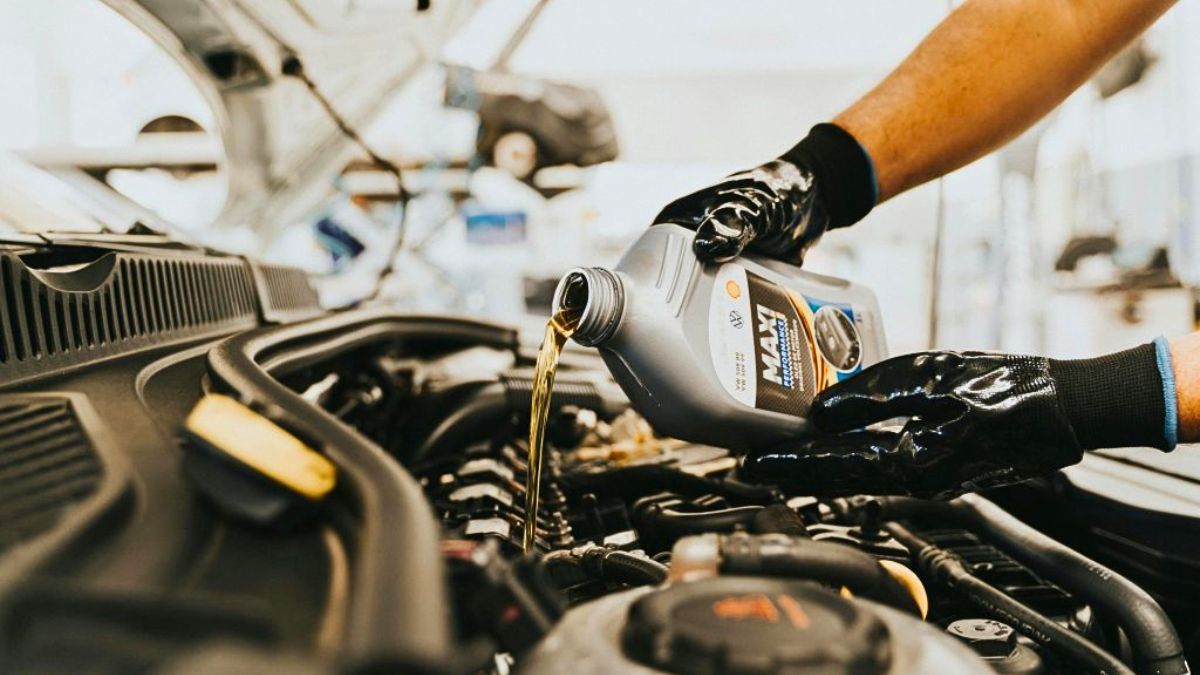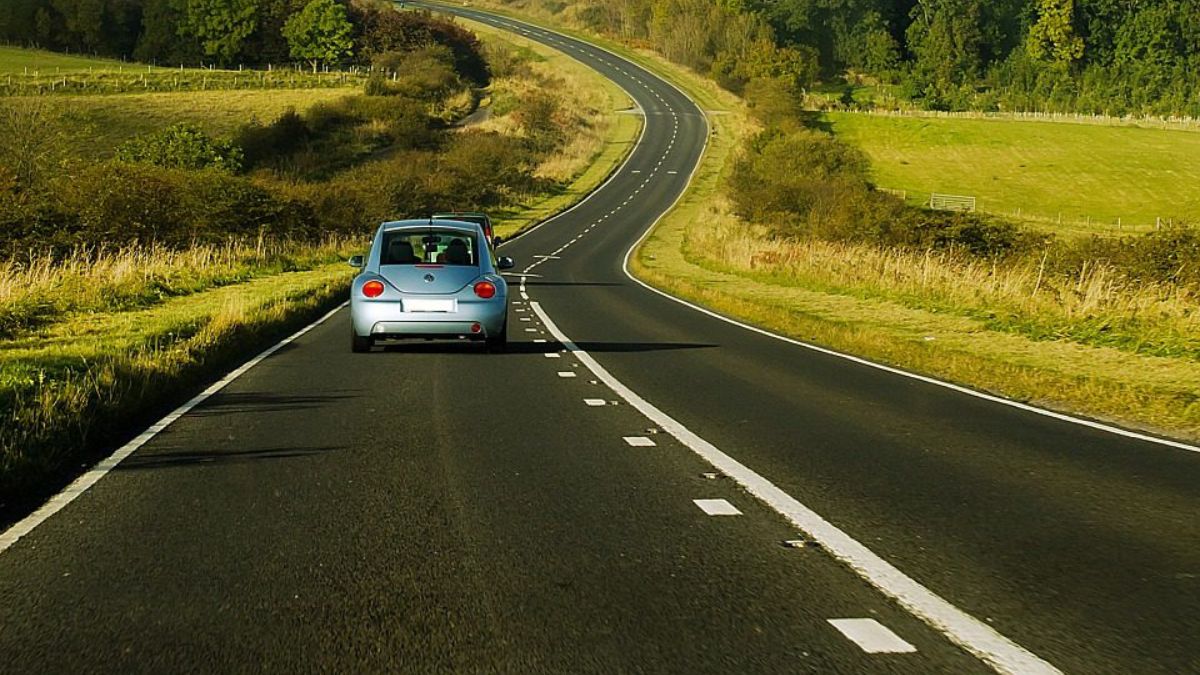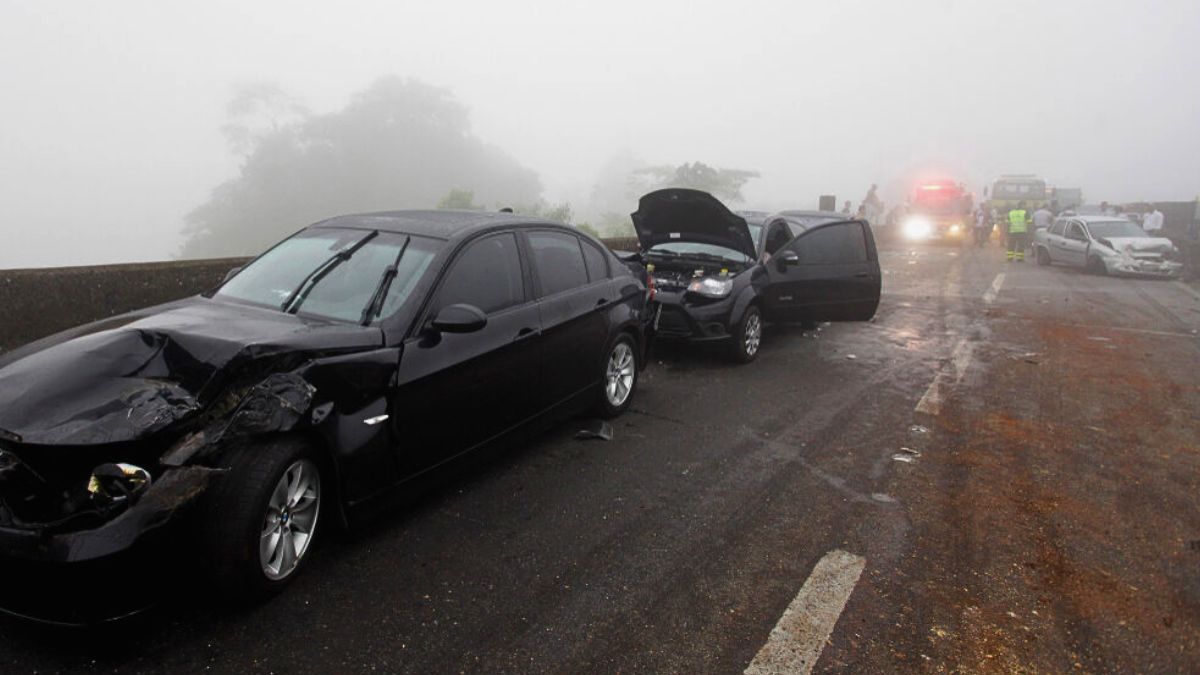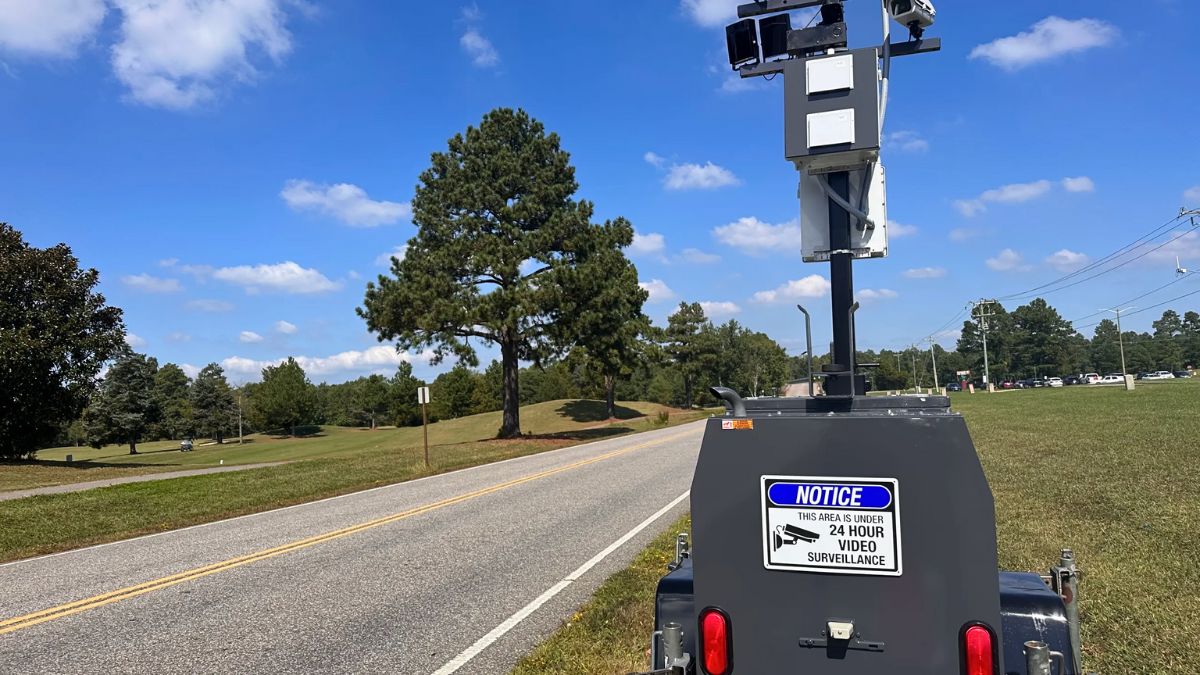Let’s face it—keeping up with car maintenance isn’t always at the top of our to-do list. But if you’re driving around Virginia, where seasonal changes, road salt, traffic congestion, and mountain terrain can test any vehicle, skipping basic maintenance can end up costing you big. Whether you’re commuting through Northern Virginia or cruising the Blue Ridge Parkway, here are the 10 most common car maintenance mistakes Virginia drivers make—and how to avoid them.
Neglect
One of the biggest mistakes? Ignoring your dashboard warning lights. If that little check engine icon pops up, it’s not just for show. Many Virginia drivers put off checking it, assuming it’s something minor. But waiting too long can turn a small issue into a full-blown engine problem.
Oil
Virginia weather goes from freezing in winter to scorching in summer. Not changing your oil regularly—or using the wrong oil—can reduce your engine’s life fast. If you’re making lots of short trips or dealing with stop-and-go traffic, stick to the shorter oil change interval in your owner’s manual.
Tires
You’d be surprised how many drivers roll around on underinflated or bald tires. In Virginia, where rain, snow, and black ice are common, tire condition matters more than you think. Uneven wear, poor alignment, or low pressure can mean poor fuel economy—or worse, a blowout on I-81.
Brakes
Ignoring brake noise is another classic mistake. Squealing, grinding, or a soft pedal isn’t normal. Virginia’s hilly roads (like around Roanoke or Charlottesville) can wear brake pads quicker than you expect. Don’t let it get to the point where you’re replacing rotors instead of just pads.
Fluids
Coolant, transmission fluid, brake fluid—these aren’t just extras. Skipping fluid checks can cause overheating or transmission failure. In Virginia’s hot summers and freezing winters, these fluids keep your vehicle running smoothly. A quick inspection every few months can save you thousands.
Battery
Most car batteries last around 3–5 years, but temperature swings shorten that life. Virginia’s extreme weather—cold mornings in the winter and hot summer days—can kill a weak battery fast. If your car’s slow to start, it might be time for a replacement.
Filters
Air and cabin filters may seem minor, but neglecting them affects your engine performance and air quality. Pollen levels are high in Virginia in spring—so if your allergies are acting up, it might not be just the outdoors. Swap your cabin filter at least once a year.
Wipers
Virginia weather changes fast. From heavy rain to sudden snow, poor visibility can be dangerous. Still, many drivers put off changing wiper blades. If yours are streaking, squeaking, or just not cutting it—replace them before the next storm hits.
Belts
Timing belts and serpentine belts are often out of sight, out of mind. But if they break while you’re on the road, you could be stranded. In places like Shenandoah or the Chesapeake Bay area, that can mean long tow times. Check your service intervals and replace them before they snap.
Inspections
Virginia has mandatory annual safety inspections for a reason—but passing doesn’t mean your car is flawless. Too many drivers treat inspections like a one-and-done deal. Instead, use it as a chance to get ahead on needed maintenance before it becomes an emergency.
Here’s a quick recap of the mistakes:
| Mistake | Why It’s a Problem |
|---|---|
| Ignoring warning lights | Can lead to major engine damage |
| Skipping oil changes | Shortens engine life |
| Bad tire upkeep | Poor grip, blowouts, lower mileage |
| Brake neglect | Increases repair costs, danger on hills |
| Fluid ignoring | Leads to overheating or gear failure |
| Old batteries | Leaves you stranded in hot/cold weather |
| Dirty filters | Hurts engine and cabin air quality |
| Worn wipers | Reduces visibility in storms |
| Timing belt delay | Can cause total engine failure |
| Relying on inspections | Misses wear-and-tear between visits |
Avoiding these maintenance slip-ups isn’t just about saving money—it’s about staying safe on Virginia roads, which are anything but predictable. A little attention now can prevent major repairs later.
FAQs
How often should I change my oil in VA?
Every 3,000–5,000 miles depending on driving conditions.
Do Virginia winters affect car batteries?
Yes, cold weather shortens battery life significantly.
Are annual inspections enough for maintenance?
No, use them as a checkpoint, not the full plan.
Why are wipers important in Virginia?
Heavy rain and snow require clear visibility to stay safe.
What fluids should I check regularly?
Engine oil, coolant, brake fluid, and transmission fluid.

















